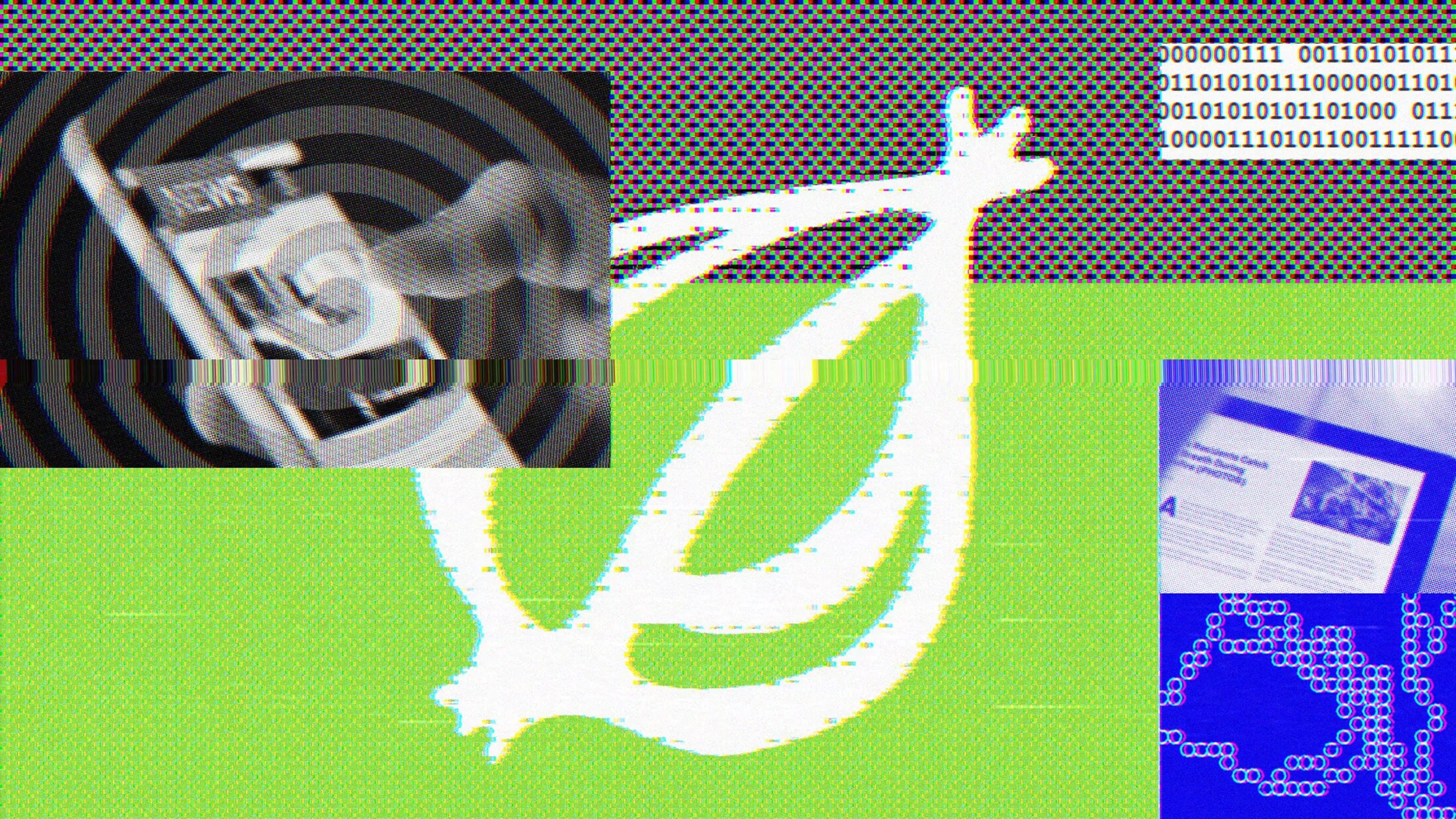The shift to digital will revolutionize television.
Question: When will TV converge with the Internet?
Frank Rose: What you’re seeing now especially with Hulu, but before that with YouTube and with network sites like nbc.com, and so forth, is the availability of online video. With more and more ubiquitous broadband connections, video becomes something that’s easy to get online and very compelling. The idea that you can watch anything you want, whenever you want it has a lot of appeal for obvious reasons. And, television, obviously, isn’t set up that way, and frankly the cable companies, which have enormous amounts of bandwidth coming into the home, most of that bandwidth is now taken up with analog programming which doesn’t have nearly the efficiency of digital. But, with the change over to digital, that’s going to be going away soon.
What’s happening, I think, is that people are beginning to confront the fact that when you watch TV it becomes really hard to find what you want. There might be, sure, On-Demand programming, but even to find the right On-Demand channel is not exactly easy. Plus, there is a very limited availability for what you want and, by contrast, you can go online and easily search for it; and if it’s there you can watch it, and if it’s not there on a legit site you can find it on a pirate site. More and more often--and it’s now still a relatively small number of people who have the tech savvy and desire to go that route but it’s not going to be the case for very long. And…So we’re really only one step away from watching shows on the internet on your computer, to watching them on TV. And companies like Boxy are starting to make that possible—starting to make that a plausible option and when that happens, the whole idea of television as we know it is going to change.
People are paying kind of enormous sums on a monthly basis for packages of programming—much of which they don’t really even want. And then to be able to—instead get anything you do want on a completely on demand basis and watch it on your, you know, on your TV set. It’s going to be a very, very compelling proposition. So, the problem for the networks and for the cable company is that that’s not the way the business is structured so far. The business is structured around cable companies paying television networks large sums per user and for the right to carry their programming and then making money by charging the users for the right to see that programming.
When you have free online video that you can watch on your tv set that kind of doesn’t in run around that whole set up—which is to say, it really calls in to question the entire economic basis of television that we have right now.
Recorded on: May 21, 2009





